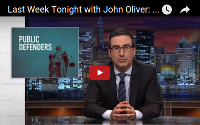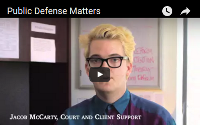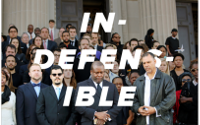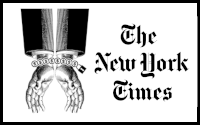"The right way is not always the popular and easy way. Standing for right when it is unpopular is a true test of moral character." –Margaret Chase Smith
It seems the more we hear the stories, the more inevitable Martin Luther King, Jr.'s accomplishments become. We can rattle off the biographical landmarks: the Montgomery bus boycott, the multiple nights in prison, the March on Washington; we recite important dates and read his words adorning motivational posters on our office walls. Not only do these recollections burrow into our collective sense of history, but they induce us into a sort of complacency about our own time.
If we allow ourselves to believe MLK, Jr. was predestined to live a life worth memorializing, it diminishes our appreciation for the risks he endured. This failed appreciation not only does a disservice to the man, but also enables us to be complacent to the injustices of our own time. To borrow from his own words, we see the "whole staircase" of his life's work without applying that same faith to our own "first step."
The moral arc of the universe is long and despite his best efforts, not even the ultimate sacrifice could accomplish Dr. King's dreams of justice. Nearly a half-century since his struggle, we cannot look ourselves in the mirror and claim to have completed his vision. Some needed laws found their way into the books, but they might as well be dead letters upon just a glance at the criminal justice system. The War on Drugs and Tough on Crime are not just expensive, failed policies, they are the most recent manifestation of Jim Crow. It is not a coincidence that more than 80% of defendants in criminal courts are unable to afford an attorney; poverty is its own self-fulfilling prophecy. From the cradle through adolescence, the young and poor are reinforced with the belief that they are not smart or good enough, they are taught that they do not belong. It is no wonder decades of failed policy have translated into generations of our human potential sitting behind bars.
But it doesn't have to be this way. As we commemorate the life and work of Dr. King, so too should we celebrate those who bear the uncomfortable burden of "tireless exertions and passionate concern." Hundreds of men and women across Louisiana choose to defend the Constitutional rights of the poor as public defenders. They bring a dash of hope and a heap of student loans to a line of work with longer hours and less pay than that of their courtroom counterparts and former classmates. As if this were not enough, they face the added obstacle of a public opinion decidedly against the liberties of their clients.
Like Dr. King, they believe that "the unarmed truth and unconditional love will have the last word." In the meantime, they face unstable, unpredictable and inadequate funding on top of their courtroom travails. Though their work protects the Constitutional rights of clients and saves considerable money for the Louisiana taxpayer, public defenders operate in a cloud of uncertainty. Even if caseloads continue to soar, there is no guarantee there will be sufficient funding to keep their job. A half-century after Dr. King and more than two centuries after the Bill of Rights, this is evidence that we continue to fall short of our ideals.
On Martin Luther King's day, we pay respect to the hero who did so much. We can also salute those who carry on his work and legacy, by no longer being content to endure "the wounds we inflict on our soul when we look the other way."




